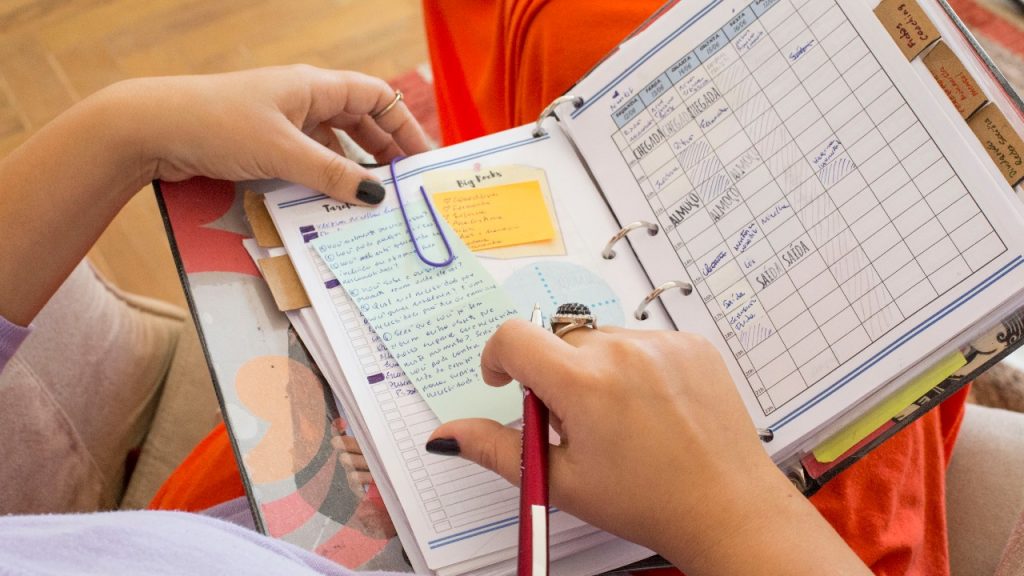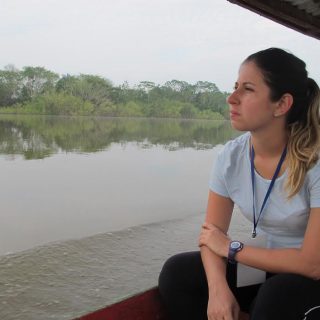When Camila Conti, then a 32-year-old advertising agency art director, told her boss she was pregnant, he told her not to come back to work after the baby was born.
“You won’t want to, anyway,” Conti recalled her boss saying.
Sabrina Wenckstern, then 31, was working as a corporate trainer. But, she realized it wouldn’t be possible to reconcile motherhood with the demands of corporate life.
“Many expecting mothers at big companies are bullied,” Wenckstern told Believe.Earth. She ended up resigning and founding Materna S/A, a life coaching business.
They’re not alone. A study by the Getúlio Vargas Foundation of Brazilian mothers who took maternity leave found that one year after going on leave, 48 percent had left the workforce.
“Women value flexible timetables, but most corporations are still hostile to that approach,” wrote Ana Fontes, founder of Rede Mulher Empreendedora, the Enterprising Women Network, in her book, Empreendedoras por Natureza.
According to a survey of Brazil’s entrepreneurs, described in the book, the average female entrepreneur is 39 years old, a mother, a university graduate, who made her career in the corporate world.
According to Sebrae, a nonprofit supporting small business in Brazil, of the country’s eight million female entrepreneurs, 74 percent have children.
Conti, now a partner at Maternativa, an advocacy group and e-commerce platform for entrepreneurial mothers, told Believe.Earth that large corporations undervalue mothers because they’re perceived as being weighed down by household and childcare duties, which often fall on women.
“They are the ones who miss work if their children become sick,” Conti said. “They take the kids to school and back home. They cook and care for their education. All of that takes time. At first glance, it seems costly to keep them in the company.”

Female entrepreneurship has grown 16 percent in just over a decade, according to Sebrae. 74 percent of female entrepreneurs are mothers (Wocintech/Flickr)
BUSINESS WITH A PURPOSE
In just over a decade, the number of female business owners in Brazil has grown 16 percent, according to Sebrae.
The two stories recounted at the beginning of this article are part of that. Both Conti, of Maternativa, and Wenckstern, of Materna S/A, left behind corporate careers.
According to Anna Gallafrio, a life coach, this generation of female entrepreneurs is looking for ways to reconcile career life and maternity while also working to change a culture that sees women as absolutely responsible for the family’s home life.
Most mother-entrepreneurs want their professional lives to include more free time to be with their children. But, but the reality isn’t always what they expect.
Dani Junco, founder of B2Mamy, a startup accelerator exclusively focused on companies owned by mothers, told Believe.Earth that even with flexible schedules, the workload at a startup is simply enormous. Because of that, when children are young, mother-entrepreneurs sometimes end up having to rely on their support networks.
To Conti, of Maternativa, leaving one’s old profession behind and embarking on a new business in an area such as maternity, that seems closer to one’s interest, as she did, is a common mistake for entrepreneurship beginners.
“A person who loves to bake cakes won’t necessarily be a successful businesswoman in that area,” said Wenckstern. “There are sanitary regulations, taxes, logistics, an extended range of supplies that need to be considered in order to sell candies.”
To be an entrepreneur, Junco told Believe.Earth, one must like to sell. An entrepreneur must learn to crunch numbers, analyze and be able to handle uncertainty and risk. And, one must be self-confident.
“Women have ideas,” Junco said, “but they are caught up in fear and low self-esteem. To avoid being consumed by guilt over their success, women should look to other mothers who are succeeding as entrepreneurs for inspiration.”
Having a career objective, Wenckstern added, is essential, as is questioning one’s motivations.
“Ask what legacy you want to leave for the world,” she said, “and what the world needs you to do.”




